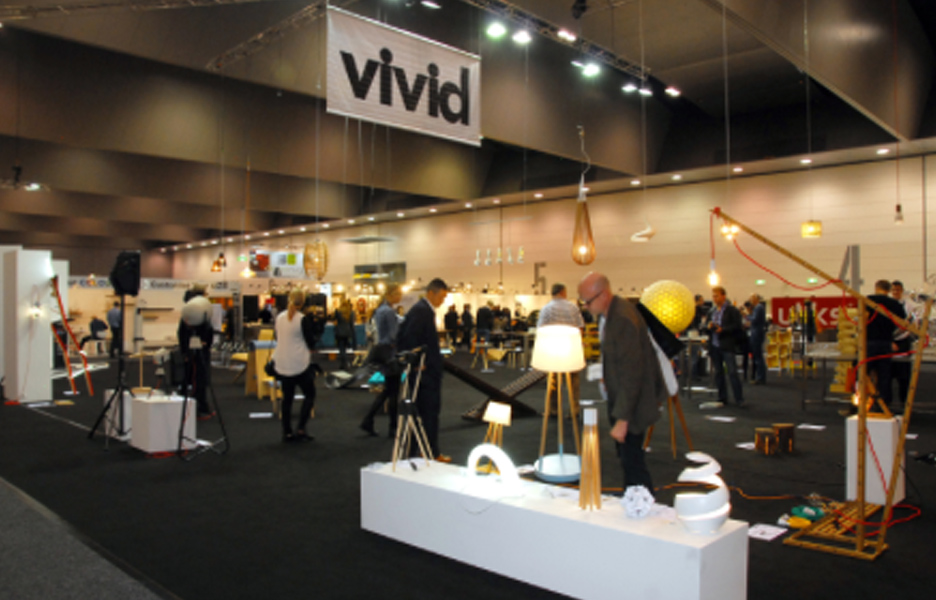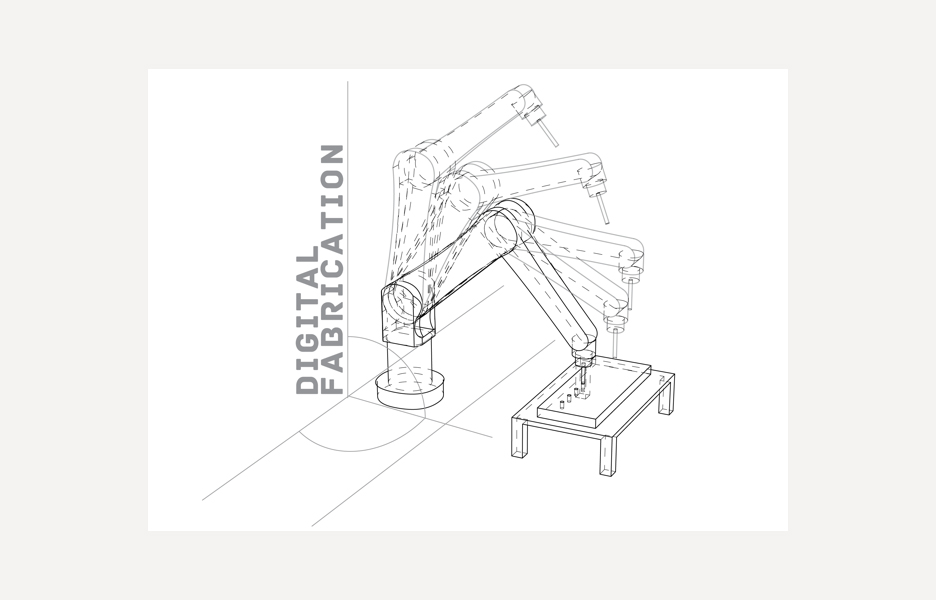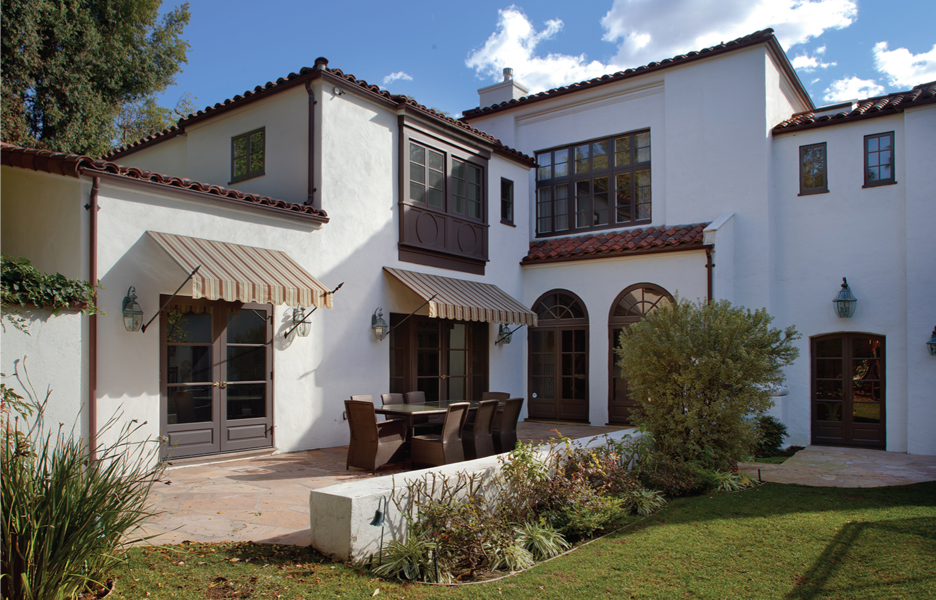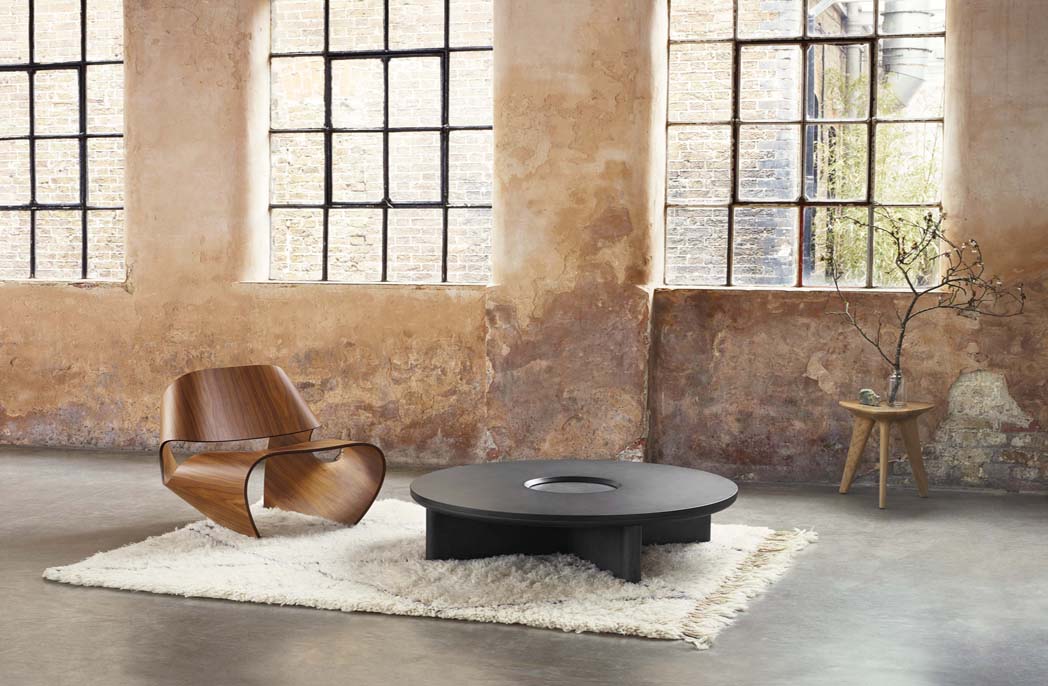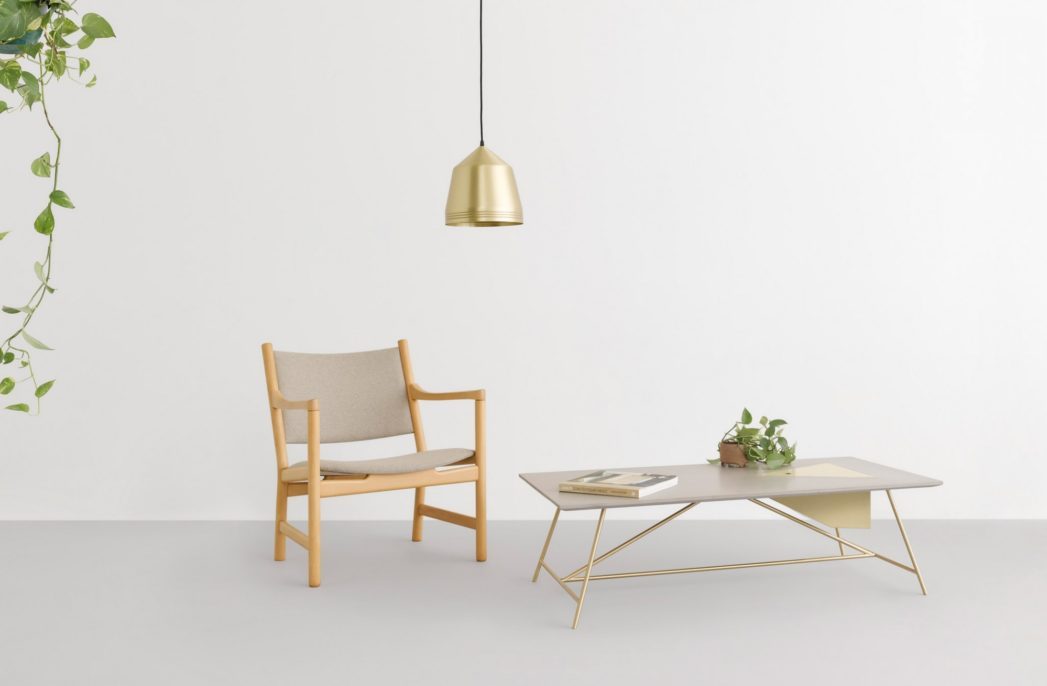
Zenith and sustainability – taking the extra step
Share
Zenith has long focused on its sustainability credentials, but knows this is not a ‘set and forget’ proposition. Increasing innovation and improving processes is always a top priority.
In 2022, sustainability is not a new topic and many commercial furniture suppliers are considering its implications for both the products they make and the ways in which they make them. But Zenith is determined to do more than pay lip service to the way it approaches the issue.
To this end, the brand has recently appointed Geoffrey Swinbourne as its chief sustainability officer. His remit is a simple one.
“The role is to ensure that Zenith increases our momentum of change in the areas of sustainability and the circular economy, to make a difference and be good global citizens,” he says.
His appointment also gives a human face to practical concerns. “We have a 300-plus workforce across Australia and the Asia Pacific, and they know there is someone here they can approach with ideas in place to consolidate them and turn them into attainable goals.”
Swinbourne has been the Zenith ACT branch manager since 2013, but the addition of this new string to his bow evolved from a series of conversations with his managing director, in which his personal interest in the space led to the role being created.
His practical experience gives him a holistic view, he says. “It brings to the table the ability to fully understand balances and profit and loss, and the importance of ensuring that we can make these sustainable changes economically viable as well.”
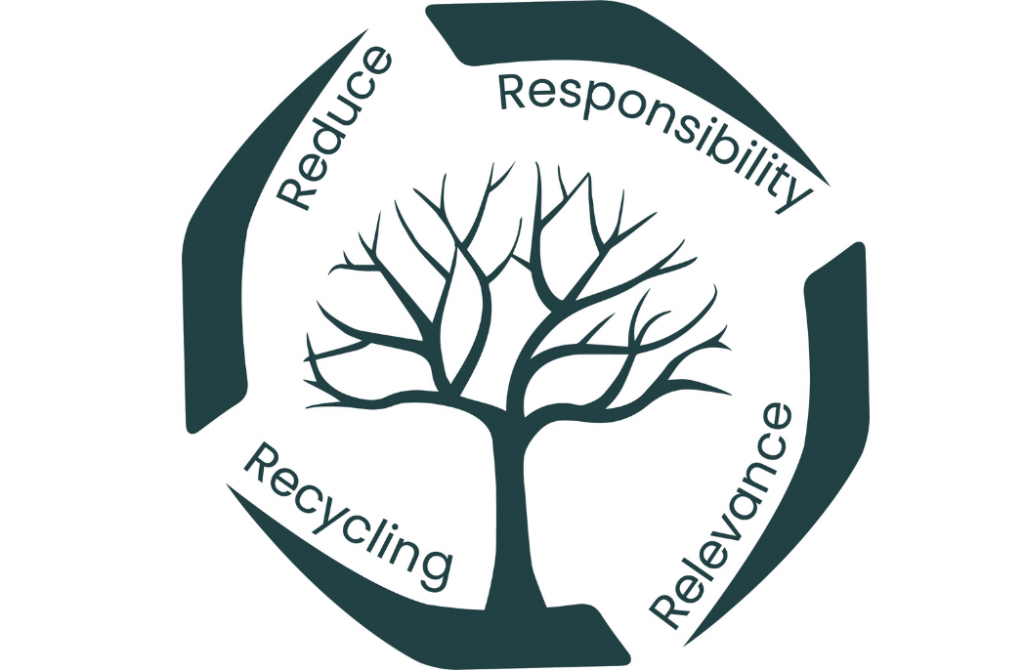
So, what sorts of changes is Swinbourne talking about?
On a macro scale, it means ascribing to Zenith’s four Rs sustainability program – Responsibility, Relevance, Recycling and Reduction – an economic, social and environmental approach underpinned by a vertically integrated business model of design, manufacture and project delivery. “It’s built on the principle of collective responsibility,” says Swinbourne.
Responsible material selection and design leads to the extended relevance of products and solutions, which, in turn, leads to increased life cycles. Zenith has a business-wide recycling policy that integrates seamlessly with this commitment to reduce and reuse materials, and favour renewables wherever possible.
On a micro scale, it means looking at each product and material selected and seeing where they can be improved. “We now have a big focus on changing to look for plant- or water-based materials, and changing the glues we use,” explains Swinbourne.
A great example of the way in which Zenith is on a continual learning curve is the way its packaging has changed. The company took one solid step in replacing its plastic bags with reusable and biodegradable ones. But then, after a little more research, realised it needed to go much further. “A biodegradable plastic bag just breaks down into plastic microparticles and eventually still ends up in landfill and waterways,” says Swinbourne, adding that Zenith is now looking to use plant-based products that are compostable.
He says he’s also been encouraged by the grass roots response to the issue of packaging waste.
We see so much generated on construction sites, but our installers and carriers welcomed an initiative to use a select few boxes for workstations that can be flat-packed, and returned to the manufacturing facility for reuse. The strategy has been greeted with great enthusiasm.
“We’re approaching a 75 percent reduction in purchasing new packaging, which is fantastic,” says Swinbourne.
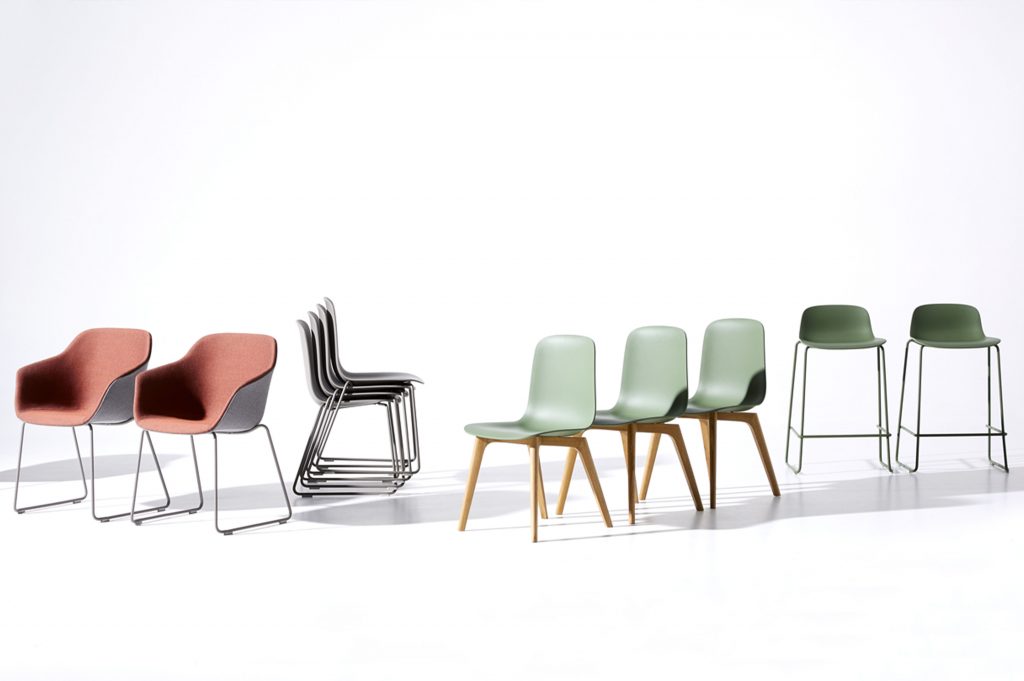
Another successful initiative for the brand is its Jac tree planting program. For every Jac chair Zenith sells, a tree is planted. It’s approaching 45,000 so far. But, yet again, Swinbourne stresses the importance of always going one step further.
He says many organisations that implement tree planting programs are only planting seeds, and many of these never germinate. “We made sure that we engaged with organisations that are planting saplings, so they’ve got a much better chance of survival,” says Swinbourne. “And that they’re being planted in environments where it will make a positive change to the conservation of biodiversity.”
Champions of change
Swinbourne’s new role has helped to ignite and inspire the rest of the Zenith team too. One of the first things he did was to send an all-staff email looking for people interested in becoming involved. “We collaborate, share ideas, news articles and initiatives to make a difference. And to make sure there’s a voice in every facility.”
Swinbourne and his ACT team were behind the installation of a 32-kilowatt solar system in the ACT showroom, which in turn inspired the factory manager in the south-eastern Sydney suburb of Kingsgrove to go further and install a 99-kilowatt system.
Zenith has also recently agreed to a “fantastic sustainability collaboration” with Great Wrap, says Swinbourne. It will take the form of a pilot program using Great Wrap’s upcoming compostable pallet wrap across Zenith’s Australian manufacturing sites, with the idea of it becoming the standard.
“The hope is to partner with Great Wrap to develop more materials for future use in our industry,” he explains.
Swinbourne says he wasn’t always as passionate about the issue as he is now, but a fuse was lit when he hosted a 2020 Salon Canberra dinner, where the topic was ‘how to plan cities for climate change’. “That was really a turning point for me,” he says. “And that kick-started this passion to say ‘we can do more’. I think I was the only person at the table that came from a product background, and the conversation was all about process, not product. But the global economy revolves around product in one way or another. We’re such a disposable society. We can change that, if we’ve got products that are designed for disassembly to be fully recycled.
“It had a profound effect on me, that and becoming a parent. You look at a small child and you think, ‘I want them to grow up in a better environment.’ It’s amazing how that can change things.”
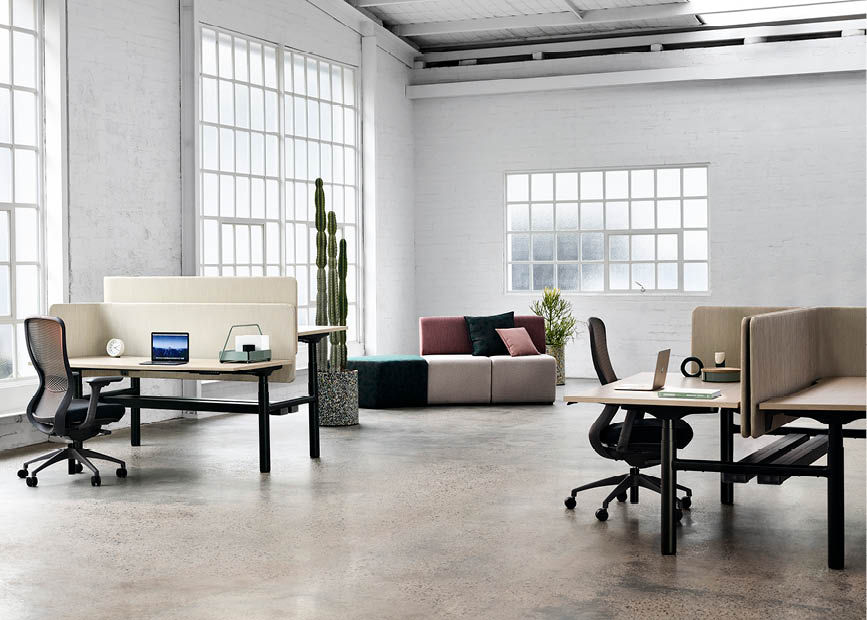
Main image: Canberra showroom solar panels. Photo: Zenith
You may also like:
Zenith Connect
Jac design competition winners revealed





